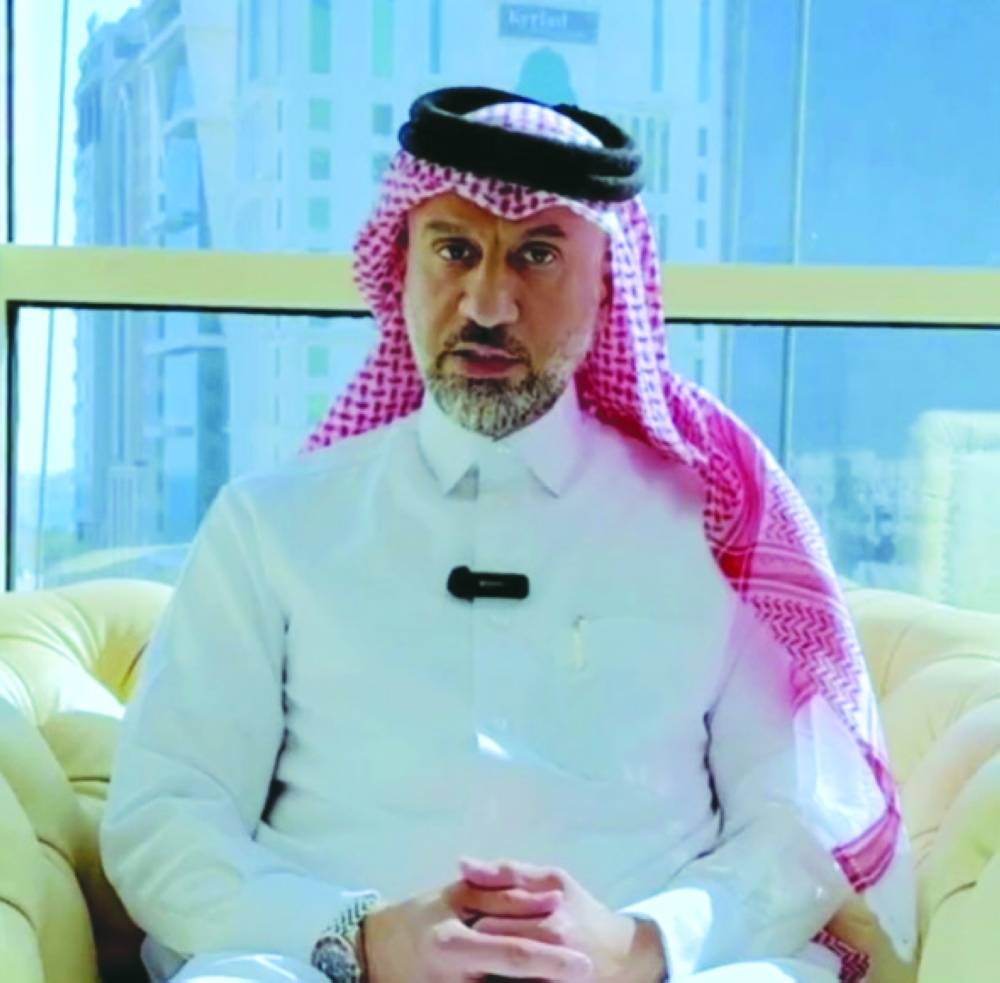In Qatar, beekeeping was, until recently, a hobby for individuals wishing to acquire some apiaries by relying on importing bee supplies and products from outside the country. However, since 2013, the state has paid attention to honeybee breeding at Qatari farms. It has provided the necessary facilities for the development of the industry.
The Ministry of Municipality's national honeybee project is based on distributing apiaries and their requirements to farms.
The initiative aims to spread and localise honey output and produce high-quality local honey, as well as increase the income of honey-producing farmers.
Director of the Agricultural Affairs Department at the Ministry of Municipality, Youssef Khaled al-Khulaifi, said in an interview with Qatar News Agency (QNA) that the focus of the ministry in honeybee breeding comes within the framework of its interest in Qatari farmers, and supporting them to find new production areas.
Al-Khulaifi pointed out that a national programme has been developed for beekeeping, besides providing guidance programmes which has resulted in a significant increase in honey production at Qatari farms.
Al-Khulaifi said the national honeybee project is aimed at encouraging and assisting farm owners to diversify farm income sources, and benefit from bees even as this helps the process of pollinating vegetables and increasing production.
He added that the programme targets all farms in the country. Farms need to ensure certain conditions and standards for beekeeping, such as large Sidr trees in appropriate quantities, with the availability of cultivated areas representing (bee food), as well ample shade at farms with large trees. Bees do not tolerate direct sunlight on the hives, al-Khulaifi pointed out.
He pointed out that grants were distributed to farmers in 2013, 2014, 2016, and 2021, which included giving 1,729 beehives to 196 farms, as well as importing bees that can adapt to Qatar weather conditions.
As a result of the support and grants provided to honeybee breeders, the volume of production increased amid farmers' keenness to expand production.
The director of the Agricultural Affairs Department said honey production has increased from 2,190kg in 2016 to 14,300kg in 2022.
He pointed out that beekeeping is one of the important agricultural sectors that contribute to the development of the agricultural and national economy. It also works to preserve the biodiversity of plant species.
The ministry plans periodic follow-up and frequent visits to farms and provide technical support and training for supervisors and beekeepers at farms, spread awareness on the proper methods of breeding and harvesting honey, emphasising the need to take care of bees, as well as focusing on how to preserve the bees during the summer periods.
Nasser Ali Khamis al-Kuwari, the Al Safwa farm owner, said the ministry provides assistance to honeybee breeders within the framework of its support for national products and its interest in agricultural products.
Al-Kuwari stressed that honey bee breeding projects are increasing, which has led to increasing production of local honey in estimated quantities and high quality.

Youssef Khaled al-Khulaifi
